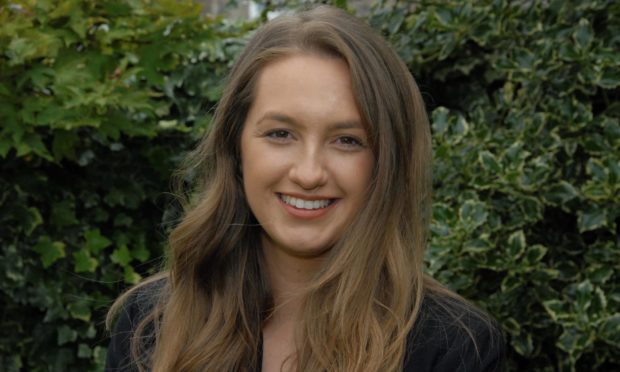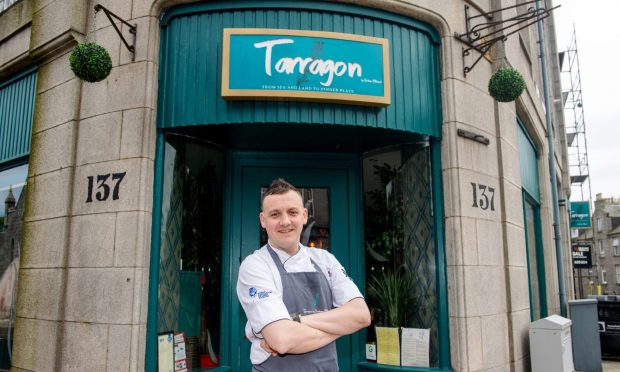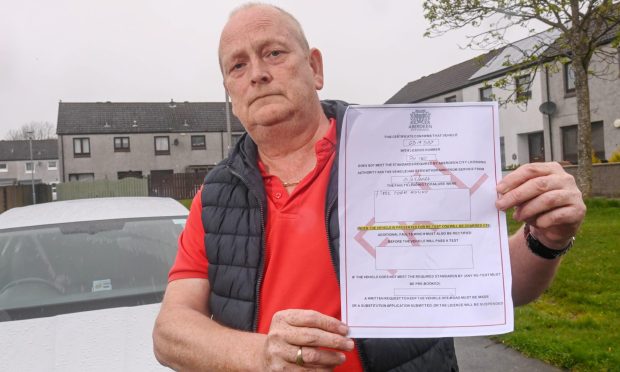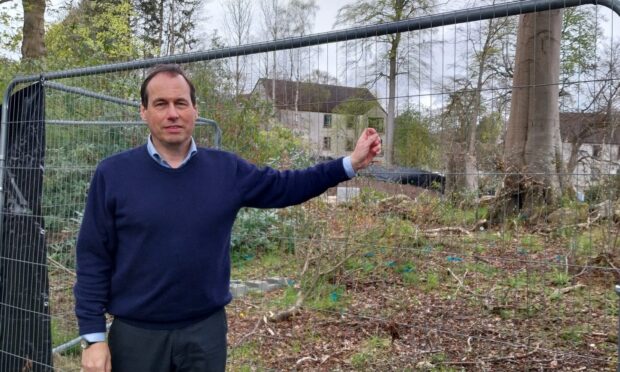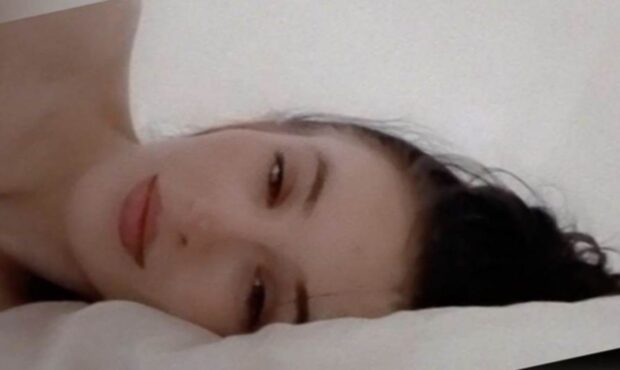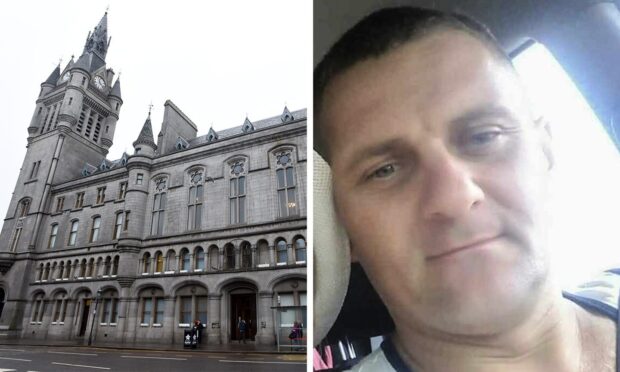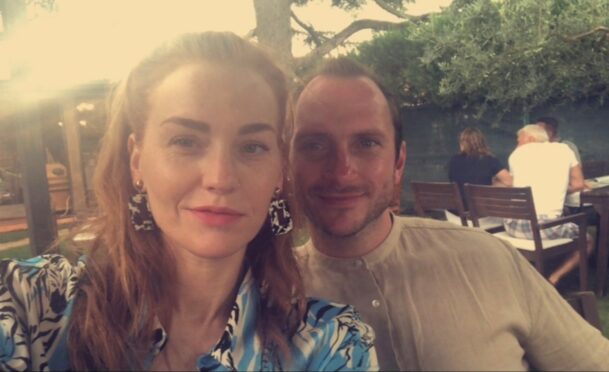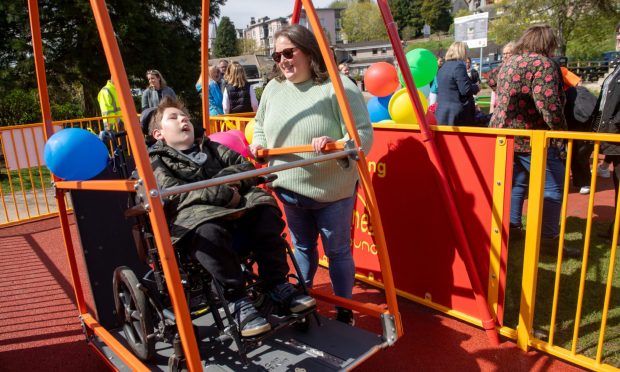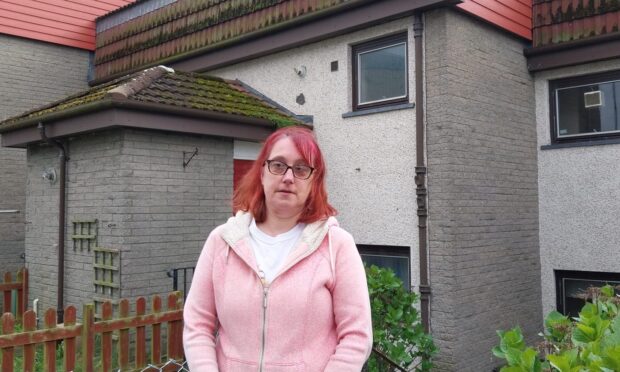A north-east student who has spent the past year working on potential treatments for Covid has been named one of the best young scientists in her field.
Holly Keir, 27, from Aberdeen, received the British Thoracic Society’s Early Career Investigator Award at the organisation’s annual winter meeting.
A PhD student at Dundee University’s School of Medicine, she was named the winner of the prestigious prize after delivering a presentation to the society on her research into the severe inflammatory lung condition, bronchiectasis.
Ms Keir led studies that showed for the first time that an excessive type of immune response called neutrophil extracellular trap formation (Net) was present in bronchiectasis, and that this is linked to worsening symptoms.
She also showed that antibiotic treatment can reduce (Net) levels in lungs, leading to improved outcomes for patients.
Her work on Nets was a key factor in setting up Stop-Covid, a major UK-wide clinical trial of a drug it is hoped may help to prevent the worst ravages of the disease by blocking Nets.
She is co-lead of the lab team examining how the drug, Brensocatib, affects the immune system in patients with Covid.
“I am absolutely delighted to have won this award and I can’t really believe it, to be honest,” she said.
“It is so rewarding to have the work you give so much to recognised in this way.”
Having graduated from Dundee in 2016 with a degree in Biological Sciences, Ms Keir worked as a technician before starting a PhD the following year in the laboratory of Professor James Chalmers, one of the UK’s foremost lung experts.
Previous trials of Brensocatib have demonstrated that its anti-inflammatory approach has the potential to treat the debilitating cycle of inflammation, infection, and damage in lung disease.
“Showing how the immune system goes wrong is the key to unlocking new treatments, both for chronic lung conditions and perhaps also for Covid,” she said.
“It has been intense working on Stop-Covid as well as carrying out my PhD work, but it has been an invaluable experience professionally and I am glad to have been able to play some part in the battle against Covid.”
The BTS Early Career Investigator Award is highly competitive and is awarded in recognition of the very best research performed in the UK respiratory community by an early career researcher.
The prize is awarded based on the quality and content of the research, as well as the standard of the oral presentation given at the BTS Winter Meeting.
To accompany the presentation, the results of Ms Keir’s study have now been published in the leading medical journal, The Lancet Respiratory Medicine.
